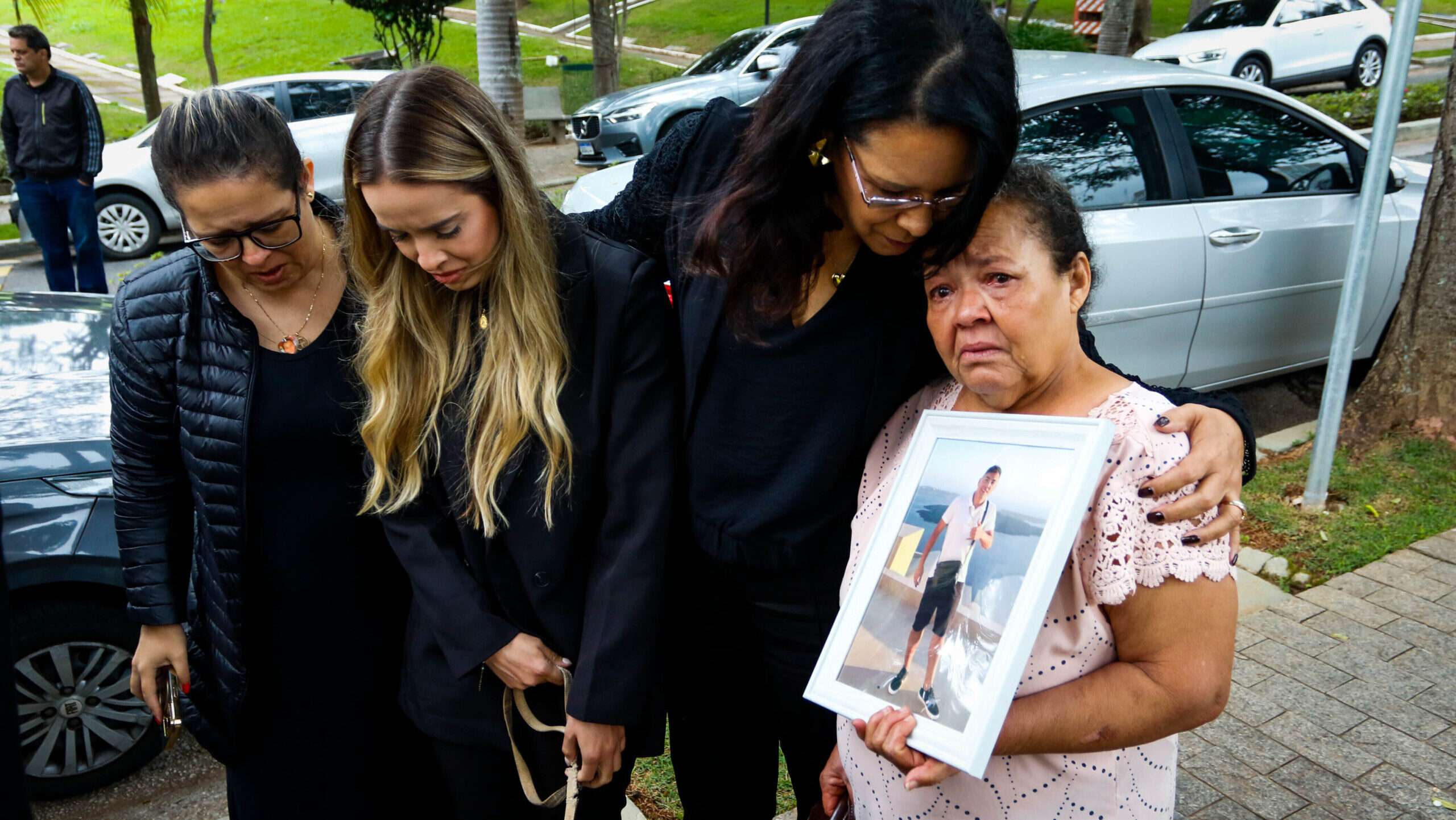U.S. Taxpayer Dollars Contributing to Police Violence in Brazil
The tragic shooting of four-year-old Ryan da Silva by São Paulo’s Military Police highlights the alarming levels of police violence in Brazil, a country now recognized for having one of the most militarized police forces in the world. In 2023 alone, Brazilian police were reported to have killed over 6,296 people, an extraordinarily high figure that outstrips even the violence shown by police in the United States. Most victims belong to marginalized demographics, predominantly young, black males from underprivileged backgrounds. As activists and scholars have pointed out, this has been described as a form of genocide, indicative of a broader systemic issue with entrenched police violence that has only been exacerbated by U.S. involvement and the militarized strategies employed by Brazilian authorities.
The issue is further complicated by the presence of gangs that have rapidly expanded their influence within Brazilian society, threatening not only law enforcement but also the political landscape. Authorities reported significant amounts of cocaine seized in 2023, but the gangs continue to thrive and manipulate elections and legal systems, leading to the emergence of a persistent criminal economy that spans multiple sectors including real estate and narcotics. A staggering 3,238 individuals were found enslaved by gangs in the previous year, emphasizing the challenges the Brazilian government faces in combating organized crime. What’s alarming is the collusion between some police officers and these criminal groups, acting as enforcers rather than protectors, which undermines any legitimate efforts to curb violence and restore order.
These Brazilian police forces, outfitted with advanced weaponry and tactical gear often supplied by the U.S., are engaged in counter-gang operations that resemble military raids. The high-caliber arms used by both police and gangs often come from American manufacturers with lax regulations, illustrating a disturbing overlap between U.S. arms exports and Brazilian police killings. This arrangement not only supports the cycle of violence within Brazil but also poses national security concerns as some of these gangs, particularly the Primeiro Comando da Capital (PCC) and the Comando Vermelho (CV), have extended their networks into the United States. Recent violent incidents, such as well-documented public assassinations linked to these gangs, signal a major escalation in criminal activity that has ramifications beyond Brazil’s borders.
The U.S. government, through its training programs and financial support, plays a significant role in shaping this hyper-militarized policing culture that emphasizes a “kill-first” mentality. This method is particularly harmful in underprivileged regions where residents face disproportionately aggressive policing. The training provided by U.S. agencies includes tactics for handling public protests, which often devolve into brutality against civilians, further straining the trust between communities and law enforcement. There are numerous instances of police officers asserting that they only engage in violence as a reaction to being “met with gunfire,” despite overwhelming evidence to the contrary, revealing a troubling trend of impunity that breeds further violence.
The historical context of Brazil’s Military Police, originally established during military dictatorship and heavily influenced by U.S. Cold War policies, is of vital concern. The methods introduced then are still in use, continuing a legacy of brutality against marginalized communities under the guise of maintaining public order. The refusal to enact meaningful reforms in the Military Police, alongside consistent U.S. support—totaling millions in security aid—has fostered a climate where police violence is normalized. In the absence of accountability, the Brazilian state has effectively precluded the development of a genuine, community-focused policing approach that could help reduce crime and protect citizens.
The cycle of violence perpetuated by militarized police forces in Brazil impacts not only domestic stability but also U.S.-Brazil relations. Increased migration from Brazil to the U.S., as individuals flee violence, underscores a humanitarian crisis that ties back into global trade relationships. With the U.S. now serving as Brazil’s second-largest trading partner, it is essential to recognize how state-sponsored violence can adversely impact economic ties. As the U.S. continues to influence Brazilian policing, it risks entrenching systemic issues that breed violence, instability, and suffering for the most vulnerable populations, ultimately threatening regional and national security. A strategy focused on accountability and reform rather than militarization could pave the way for sustainable safety and community well-being in Brazil.
Share this content:












Post Comment